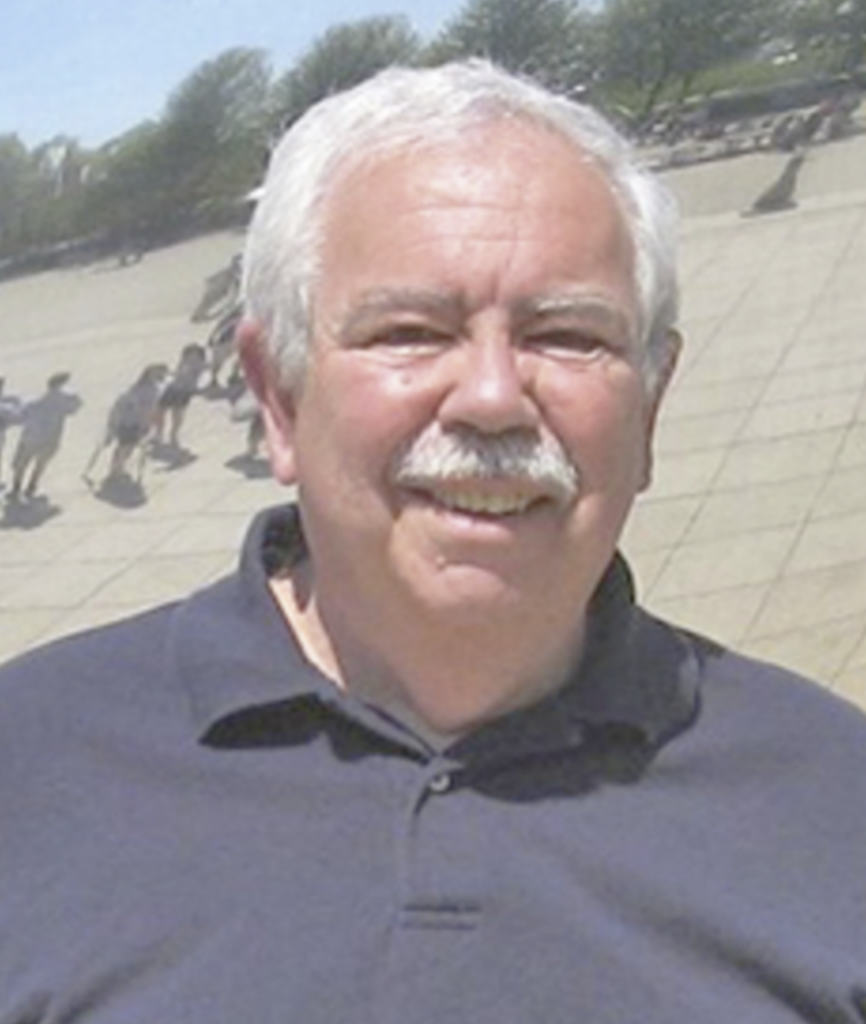Too Much Online Access to Health Records?
- Mike Day is one of many Americans to have found out about their serious illness — in this case, incurable cancer — through an online portal. Details of his advanced stage cancer were given in the hallway of a noisy, overpacked emergency room. He died four weeks later.
- Being at home and receiving such tragic news without medical professionals present to help you cope can be overwhelming and potentially dangerous — especially if you are home alone.
- For cancer patients dealing with anxious moments waiting for a call from their doctor for imaging or pathology reports, some survivors say this system can provide much-needed clarity. But perhaps more medical centers should allow the patient to be able to choose how they would like their medical news delivered.
With his doctor on vacation and no way to get immediate answers or even an appointment, Mike and Kathy headed to a local emergency room in Bangor, Maine. In an overpacked facility, laying on a stretcher in a hallway with a thin curtain not doing much to block any noise or privacy, Mike learned the details of his advanced stage esophageal cancer, which is cancer of the tube that runs from the throat to the stomach.
Read More
“This is bull,” she had said, disgusted by the lack of care during such stressful circumstances. At the time, Mike felt like he had no choice, as his health and blood pressure was rapidly declining.
An Inhumane System?
The portal system, convenient for some maybe with minor illness, has many in the medical word debating over patients having access to instant information.
The American Medical Association according to the Washington Post, has been “lobbying to adopt a rule providing physicians 72 hours to reach patients before electronically releasing life-altering results or deadly diagnoses.” The news outlet also noted that Kentucky and California have “enshrined similar exceptions in recent state laws.”
Dr. Heather Yeo shares some guidance on how to handle those first few conversations about cancer.
“It’s one more instance in which we feel like there are other people who don’t know our patients who are getting in the way of that really sacred doctor-patient relationship,” the medical association’s former president Jack Resneck explained to the Washington Post.
However, cancer survivor and advocate Liz Salmi, a senior strategist for OpenNotes, a movement dedicated to more transparency in health care, previously told SurvivorNet that reading doctor notes can make a big difference in how much people dealing with cancer retain after a medical visit.
But, many believe that there should absolutely be limitations, especially in the case of an advanced diagnosis.
What Notes Must be Shared?
There are eight types of clinical notes that must be shared, according to the 2021 law. These are:
- Consultation notes
- Discharge summary notes
- History and physical
- Imaging narratives
- Laboratory report narratives
- Pathology report narratives
- Procedure notes
- Progress notes
For cancer patients dealing with anxious moments waiting for a call from their doctor for imaging or pathology reports, this system can provide much-needed clarity.
But perhaps more medical centers should allow the patient to be able to choose how they would like their medical news delivered.
Understanding Doctor Notes
The open notes mandate’s intention was to make the process a lot easier.
One caveat may be the medical language that doctors use when taking notes. However, the internet — if you know where to look — can be helpful if you’re unsure what something in your notes means. Here is a handy list of abbreviations medical professionals often use in notes.
Of course, when there is something serious listed as in Mike’s case with adenocarcinoma, that is where the debate comes in on how much information is too much.
Fear, Anger, Anxiety: You’re Entitled to Your Emotions
Being at home and receiving such tragic news without medical professionals present to help you cope can potentially be dangerous. Especially if you are home alone.
Mike was lucky to have his wife, a former ER nurse, there with him, but many people do not know where to turn during an alarming time and their care surely needs to be handled better.
Learn more about SurvivorNet's rigorous medical review process.

